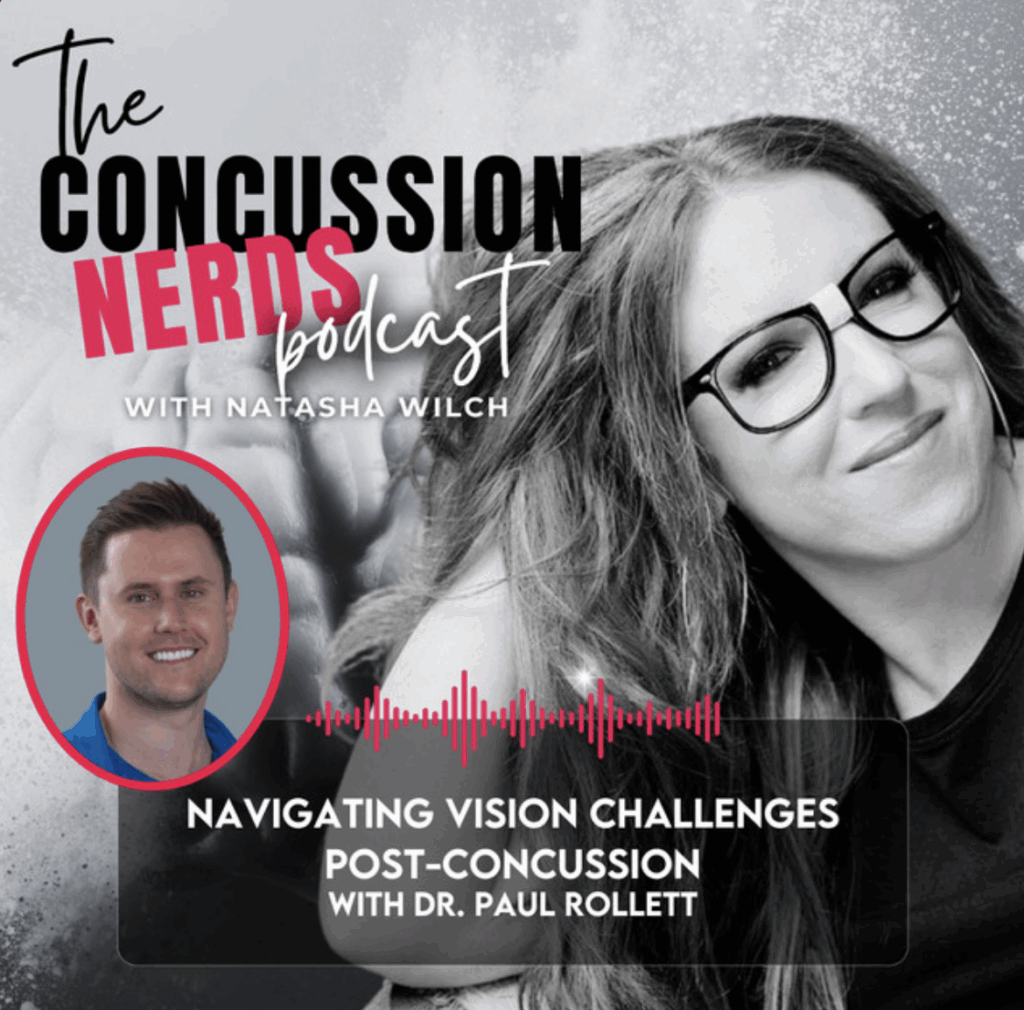It is important to begin this blog by pointing out that the terms cited above, while not initially present at the time of our profession’s inception, have woven their way into our greater vernacular over time. The last few years, in particular, have seen a rather large increase in patients seeking out those who restrict their practices (or sub-practices) to this style of care. While not specifically regulated or protected terms, clients are frequently encouraged by allied professionals to seek out practitioners with a special interest in developmental, neuro- or behavioural optometry – making it important for us as Optometrists to clarify what exactly is intended by these terms.
Developmental Optometry
An Optometrist with a special interest in Developmental Optometry is often focused on early intervention and care of the visual system. They typically will have undertaken extensive post-graduate training focused on how one can use lenses and/or therapies to guide the development of an efficient visual system. Under 6-7 years of age, this often takes the form of managing eye turns (strabismus) or “lazy eyes” (amblyopia), but it is important to note that work in this age group is rarely restricted to working solely on the eyes or visual system. Typically children with signs of asymmetrical visual development will demonstrate concurrent issues with gross and fine motor skills – which can either be managed directly by the vision therapy team or via referral to allied professionals (i.e. OT, PT, Craniosacral, Osteopathy, etc). In the school-aged population, a Developmental Optometrist will typically work with children who struggle with efficient reading or learning in the classroom environment, or with those who have special needs and gifts (i.e. ASD). Working with a developmental population often takes the form of prescribing therapeutic or visually supportive eyewear, along with providing training to improve eye tracking, teaming or visual perceptual skill.
Neuro-Optometry
An Optometrist with a special interest in Neuro-Optometry is often focused on management of brain injury and the visual sequelae that result. Concussion, whiplash and cerebrovascular accident (stroke) are the most common areas of evaluation and management – but this sub-interest of Optometry can include management of just about any form of injury that affects the brain. Typically a Neuro-Optometrist is not involved in acute care of these cases but instead works to guide and rebuild function once life-threatening issues have been identified and addressed (typically 2-3 months post-injury). Care will typically take the form of prescribing therapeutic eyeglasses to calm symptoms (ie: dizziness, headache, blur, double vision, light or motion sensitivity) and encourage recovery, as well as the development of structured training protocols to ensure optimal visual outcomes.
Behavioural Optometry
Behavioural Optometry is a term that encapsulates the two sub-interests above using phraseology that focuses on the outcome. Vision is the dominant sense with which we acquire information from our world – hence, building and optimizing this sense results in positively altered behaviour. These behavioural changes often take the form of improved attention, reading and learning skills in the pediatric population and improved and more comfortable engagement with the world (i.e. return to work, driving, etc.) in the neurologically compromised.
While all three terms are commonly searched for and requested by the public, they are not necessarily protected or always clearly defined. As such, it is important to do your homework by asking about experience, reviews and the typical patient base and conditions managed by the provider you are considering. As it stands there are a number of “find a doctor” locators available, which can act as a starting point when considering options available for yourself, your child or a loved one.
To find an Optometrist with a special interest in Developmental Optometry, Neuro-Optometry or Behavioural Optometry, consider the tools below:
Canada: https://www.visiontherapycanada.com/find-a-doc/
International (Board Certified): https://locate.covd.org/
Neuro-Optometric Rehabilitation Association: https://nora.memberclicks.net/find-a-provider#/
Until next month,
Paul Rollett, OD, FCOVD




